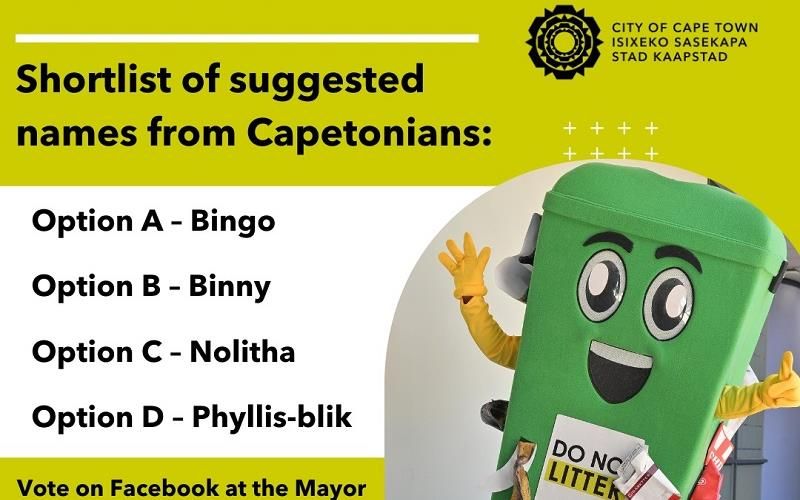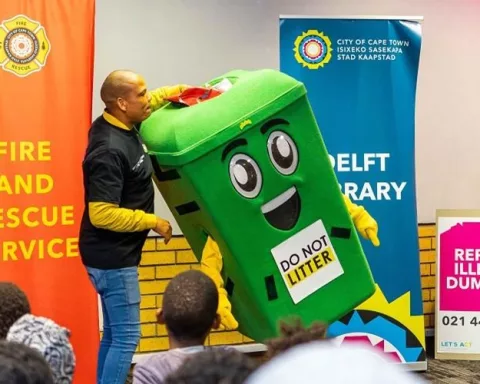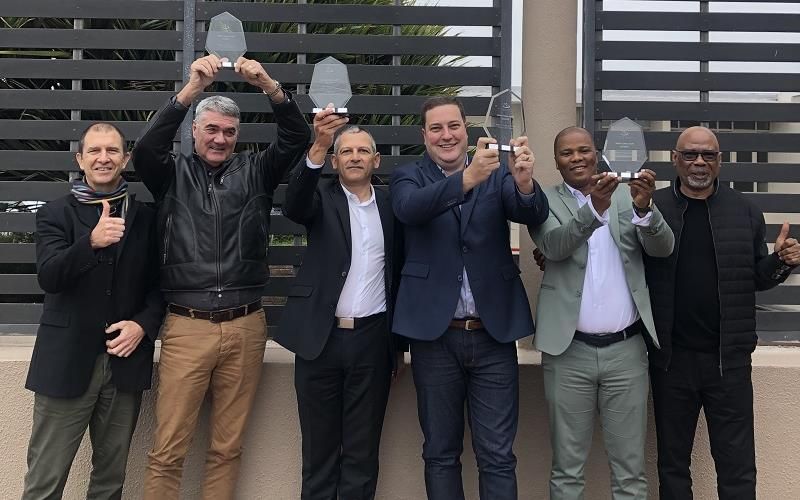Mayor Geordin Hill-Lewis of Cape Town has recently ignited enthusiasm among the city’s residents by involving them in the naming of the new anti-litter mascot. After receiving hundreds of creative suggestions, a shortlist of five names was prepared by the city officials.
The Purpose of the Mascot
The mascot is designed to raise awareness and encourage citizens to maintain cleanliness in their surroundings. The design of the mascot is inspired by the green litter bins present throughout the city.
Voting for the Mascot Name
The five names shortlisted for the mascot are Bingo, Binny, Nolitha, and Phyllis-blik. The citizens of Cape Town can vote through various online platforms, such as Facebook and Twitter, or by sending an email to the mayor’s office. The voting process will continue until the 15th of June, and the winning name will be announced afterward.
The Mascot’s Campaign Trail
After receiving its identity, the mascot will embark on an extensive campaign trail that will reach out to the public at schools, community clean-ups, malls, busy intersections, and other events across Cape Town. The mascot’s presence is expected to serve as a constant reminder for the citizens to dispose of their litter responsibly and make use of the available waste bins.
Fostering a Sense of Responsibility
Alderman Grant Twigg, Mayoral Committee member for Urban Waste Management, emphasizes the importance of the ‘Keep Cape Town Clean’ campaign, urging Capetonians not only to vote for their favorite mascot name but also to actively join the effort in maintaining the city’s cleanliness. The campaign focuses on fostering a sense of responsibility among the residents, as well as promoting environmentally conscious behaviors.
The Citizens’ Enthusiastic Participation
The active participation of Capetonians in the naming process demonstrates their commitment to preserving the beauty and cleanliness of their city. As the mascot’s journey unfolds, it is expected to create a lasting impact, inspiring citizens to make a conscious effort in keeping Cape Town clean and litter-free.
Collaborative Approach
The collaborative approach taken by the city officials, involving the public in the decision-making process, has proven to be an effective way of engaging the citizens and raising awareness about the importance of cleanliness in urban environments. As the mascot commences its mission, Cape Town sets a commendable example for other cities, showcasing the power of collective action and a sense of shared responsibility in creating a cleaner, healthier, and more sustainable urban landscape.
How to Cast Your Vote
To cast your vote for the new mascot’s name, visit the following links:
- Online: https://www.surveymonkey.com/r/HLGQK25
- Twitter: @Geordinhl or @CityofCT
- Facebook: Mayor Geordin Hill-Lewis or City of Cape Town
- Email: mayor.mayor@capetown.gov.za









